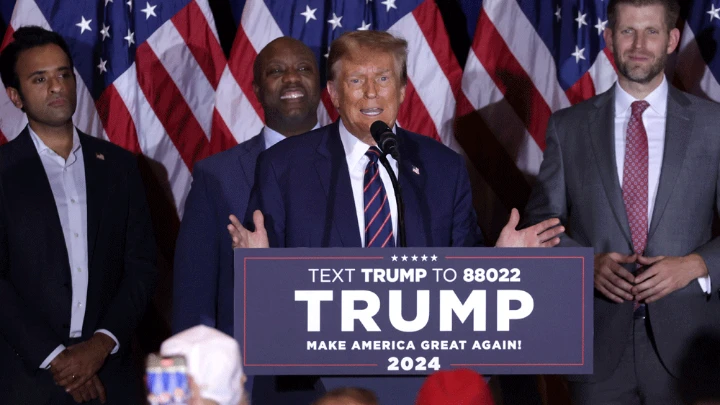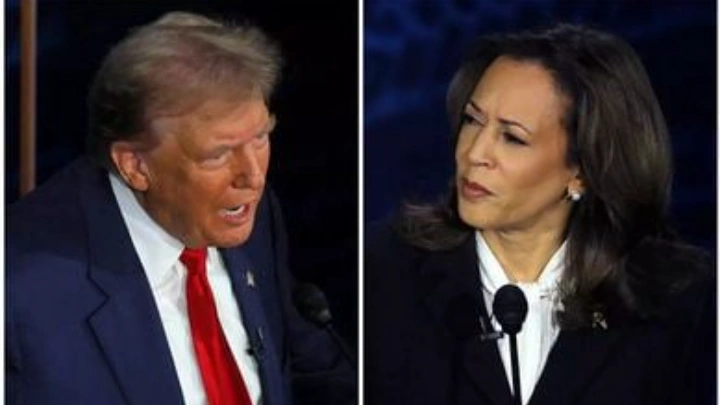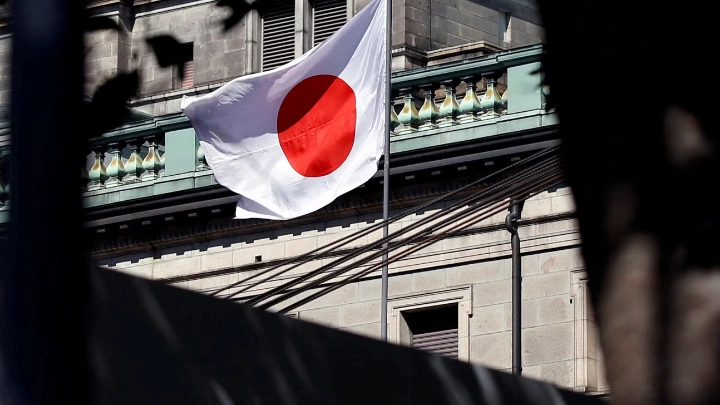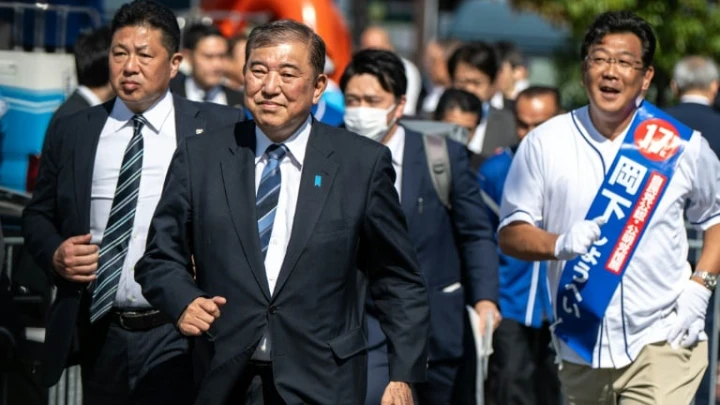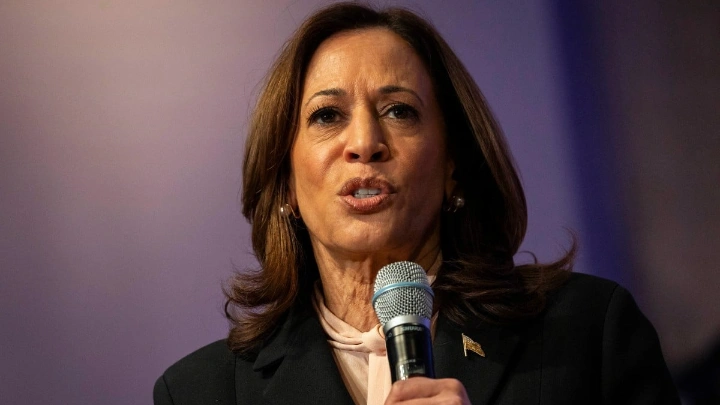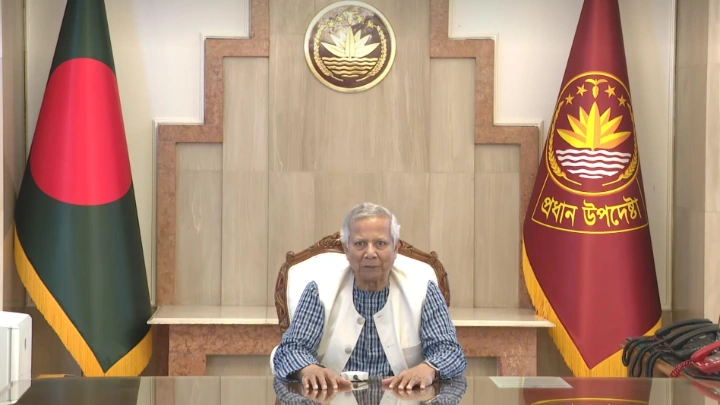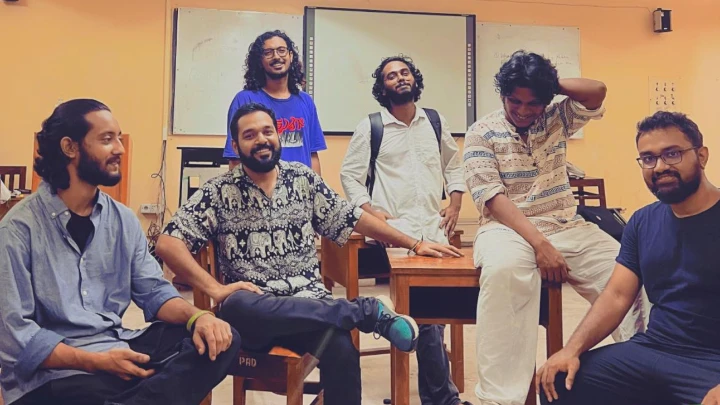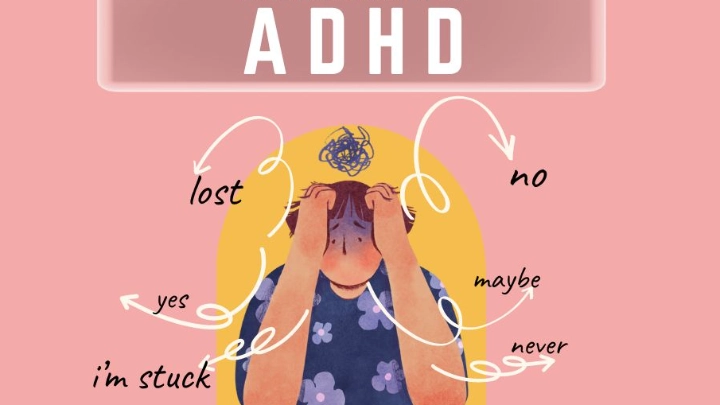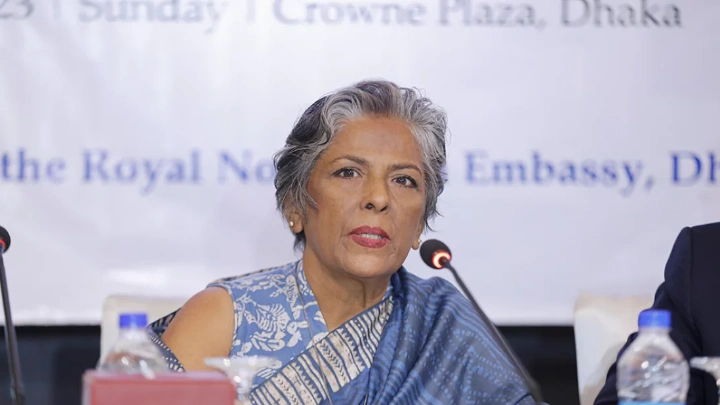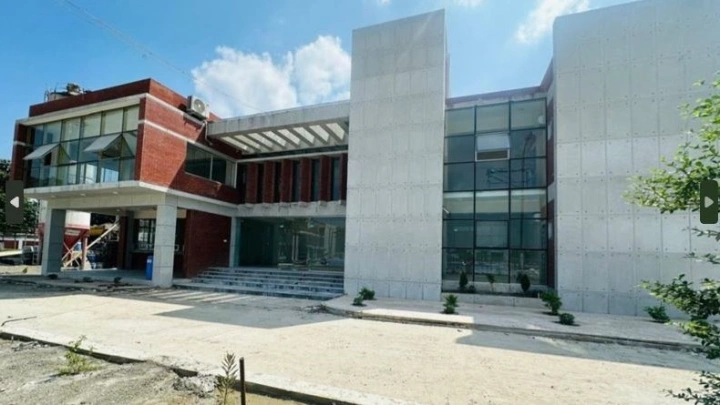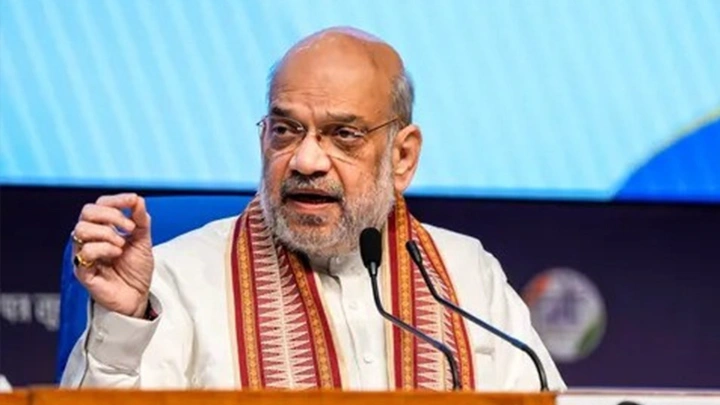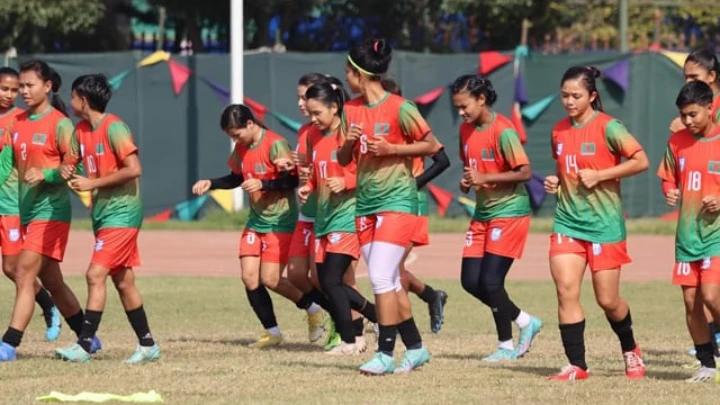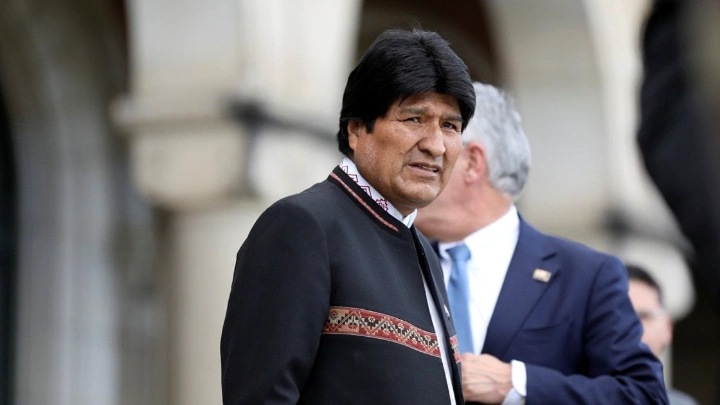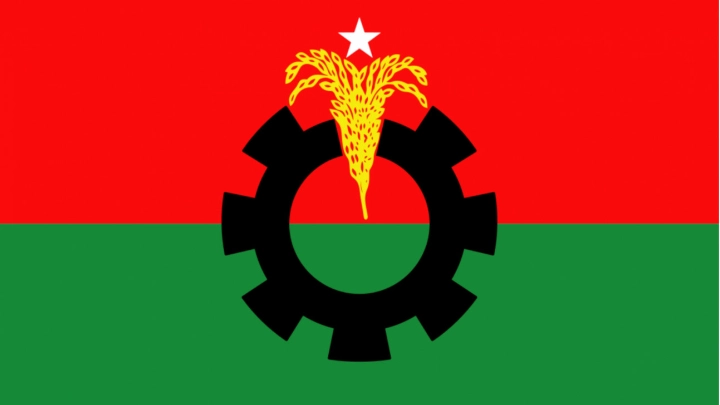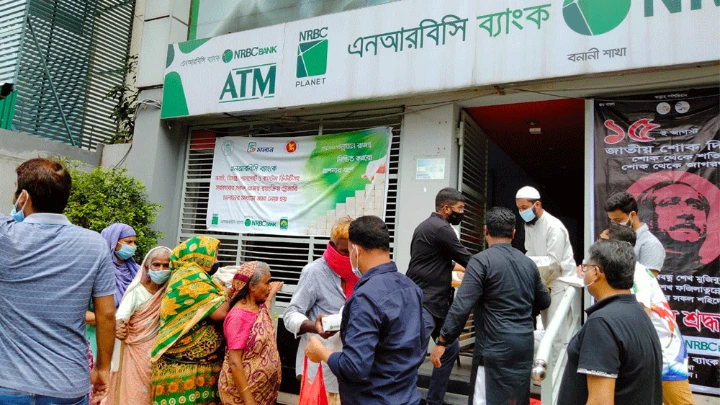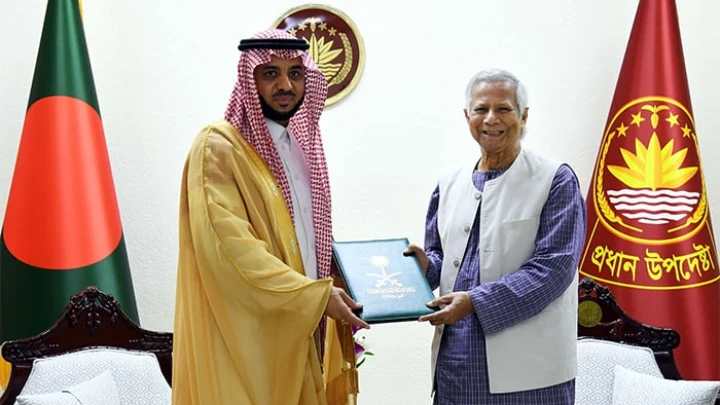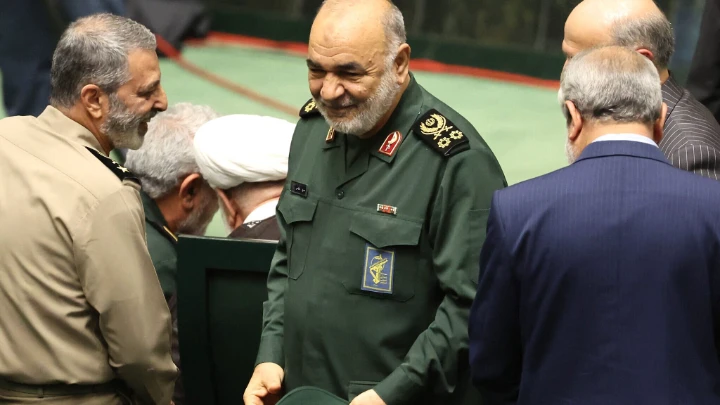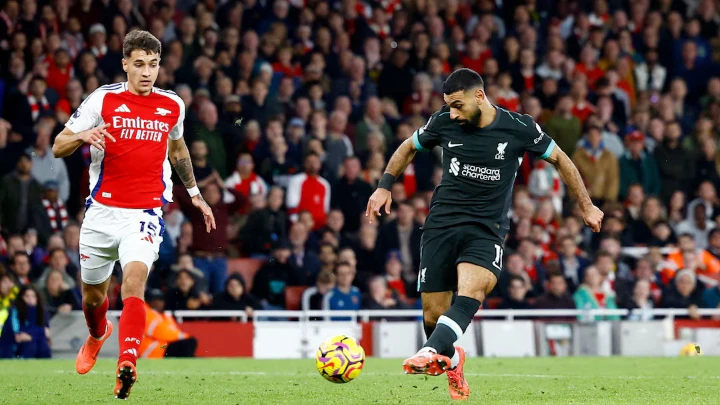BJP finishes with 240 seats, well short of majority, needs allies to form govt
Pallab Bhattacharya, New Delhi || Shining BD
Indian Prime Minister Narendra Modi-led Bharatiya Janata Party finished the Lok Sabha elections with a tally of 240 seats, 32 short of the majority mark of 272 in the 543-parliament, while main opposition Congress 99 after the Election Commission declared the results of all the seats late last night.
While the Lok Sabha has 543 members, counting was held for 542 seats after BJP's candidate was elected unopposed.
The results left Modi on the cusp of forming the government for a third consecutive term and needing the support of allies in the party-led National Democratic Alliance(NDA) for government formation, a far cry from the 303 and 282 seats it had won in 2019 and 2014 national elections respectively to have a majority on its own.
This is the first time 73-year-old Modi will be the PM without a majority of the BJP since he assumed office for the first time in May 2014.
With support from BJP's key allies N Chandrababu Naidu's Telugu Desam Party and Nitish Kumar's Janata Dal(United), which won 12 and 16 seats in Andhra Pradesh and Bihar respectively, and other alliance partners, NDA appeared to be on course to bag around 290 seats in the 543-member Lok Sabha.
In a speech at the BJP headquarters soon after the final picture became clear last evening Modi said his third term in power would see big decisions and key emphasis would be on uprooting corruption.
"The fight against corruption is becoming tougher by the day. Corruption is being shamelessly glorified for political interest. In our third term, NDA will focus a lot on rooting out corruption of all kinds," Modi said.
Congress president Mallikarjun Kharge termed the poll outcome as the "victory of the people and that of democracy."
“We had been saying that this battle is between the public and Modi...This mandate is against Modi. This is his political and moral defeat. It is a big defeat for a person who sought votes in his own name. He has suffered a moral setback," Kharge told reporters at the AICC headquarters flanked by Congress leaders Rahul Gandhi and Sonia Gandhi after the good showing by the Congress.
The elections highlighted the revival of the main opposition Congress Party under Rahul Gandhi, and Samajwadi Party in Uttar Pradesh led by Akhilesh Yadav as the two parties fought together to checkmate BJP in the most crucial state of Uttar Pradesh.
The trends and results did not throw up a landslide victory the BJP-led NDA had hoped for and what was projected by the exit polls. More than 640 million votes are to be counted in the world’s largest democratic exercise.
In the last 10 years, BJP's big parliamentary majority and shrinking opposition in the Lok Sabha made its allies mostly redundant. But this time around, allies will matter more than ever.
At the heart of Congress’ success in this election were the major reverses suffered by BJP in Hindi heartland states including UP, Rajasthan and Haryana which has a total of 200 seats.
If in UP, it was SP chief Akhilesh Yadav who kept BJP at bay by bagging an unprecedented 37 seats out of the total of 80, in West Bengal it was Mamata Banerjee-led Trinamool Congress which shut out the saffron party by winning 29 of the total of 42 seats in West Bengal, higher than its 22 in 2019. BJP, which had 18 seats in the last Lok Sabha election in Bengal, got 12 seats this time.
In UP, BJP won 33 seats as against 62 in 2019 and SP’s numbers went up, largely attributed to three factors – massive consolidation of Muslim votes in favour of SP and widespread discontent with the BJP government over joblessness and price rise
Modi retained the Varanasi seat but with a reduced victory margin of nearly 1.53 lakh votes in Varanasi. In 2019, his victory margin was 4,79,505.
Rahul Gandhi won from both the constituencies he contested Wayanad in Kerala and Rae Bareli in UP by a huge margin of 3,64,422 votes and 3,90,030 votes respectively.
The election results also blew away BJP’s bid to score big in the southern states this time. It returned a tally of zero in Tamil Nadu and lost seats in Karnataka where, however, the saffron party won more Lok Sabha seats than the state’s ruling Congress.
BJP did make inroads in Kerala, winning a seat for the first time in a state where Congress and the Left are the major political force, and in Telangana where it won eight seats. Popular Malayalam actor Suresh Gopi won the Thrissur seat to help the lotus bloom in Kerala.
The biggest setback for the BJP, which faced a stronger challenge from the opposition, however, was in the north where, besides UP, the BJP also faced losses in Rajasthan and Haryana.
Madhya Pradesh went fully saffron with BJP winning or leading in all 29 seats and in Modi’s home state Gujarat, too, the party got 25 of 26 seats.
In Bihar, BJP and its partner Janata Dal (U) won 12 seats each to help Nitish Kumar, who swung from the opposition INDIA bloc back to NDA ahead of the elections, emerge as a king-maker. The state’s main opposition Rashtriya Janata Dal won just seats, a sharp decline for a party that had ruled Bihar for 15 years.
In Rajasthan, BJP won 14 seats against all 25 its alliance won last time. The Congress got eight this time. Haryana also threw up a setback for BJP which got five seats out of 10 while Congress got five. In 2019, the saffron party had bagged all 10.
Analysts feel the election marked a return to regular politics, where voters were more concerned about bread and butter issues, especially in some Hindi heartland states where the opposition INDIA alliance managed to rally supporters around the issues of unemployment and price rise.
Maharashtra, with 48 Lok Sabha seats, saw Shiv Sena split down the middle since the last election. BJP, which won 23 seats five years ago, was down to nine seats while its ally Shiv Sena faction could get seven. At the other end of the spectrum, Congress won n 13 seats, up from one in 2019, and its ally Shiv Sena (Uddhav Thackeray) in nine. NCP led by the Sharad Pawar faction could get eight seats, giving the INDIA alliance, forged together by the common dislike of BJP, a possible 30 seats.
In Odisha, BJP put up a spectacular show winning 20 of the total of 21 seats while the state’s ruling Biju Janata Dal drew a blank. It was also ahead in the Odisha assembly elections, leading in 78 out of 146 seats in a state it had never succeeded in capturing power before.
Trends for Karnataka showed BJP winning 17 of the 28 seats but gains for Congress which got nine seats, up from just one last time. BJP got 25 seats in 2019.
Tamil Nadu seemed to be scripting another story, not ceding any space to BJP. The state’s ruling DMK won 22 and ally Congress in nine, a notch higher than their 2019 positions.
Shining BD

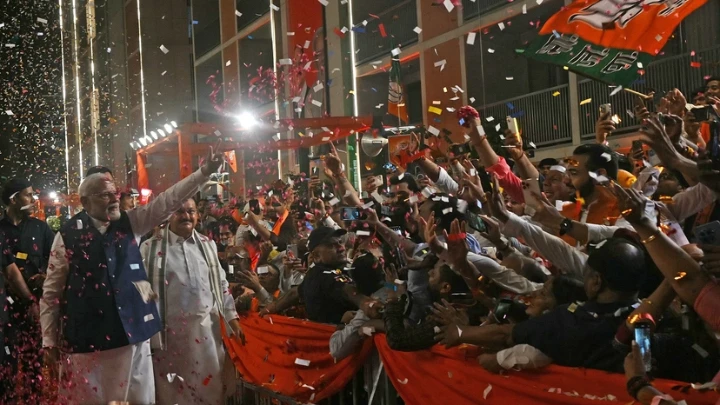

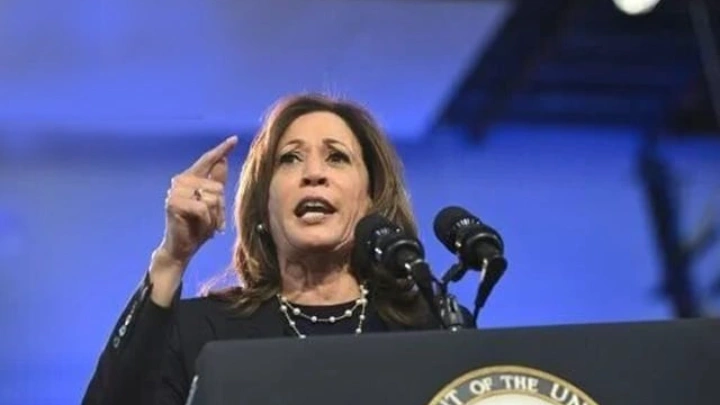
![Hundreds of US ballots destroyed after drop boxes targeted by fire US police believe the incidents in Portland, above, and Vancouver, Washington, are linked [Portland Police Bureau via AP]](/Uploads/Images/News/2024/10/Image-14558-20241029060937.webp)
